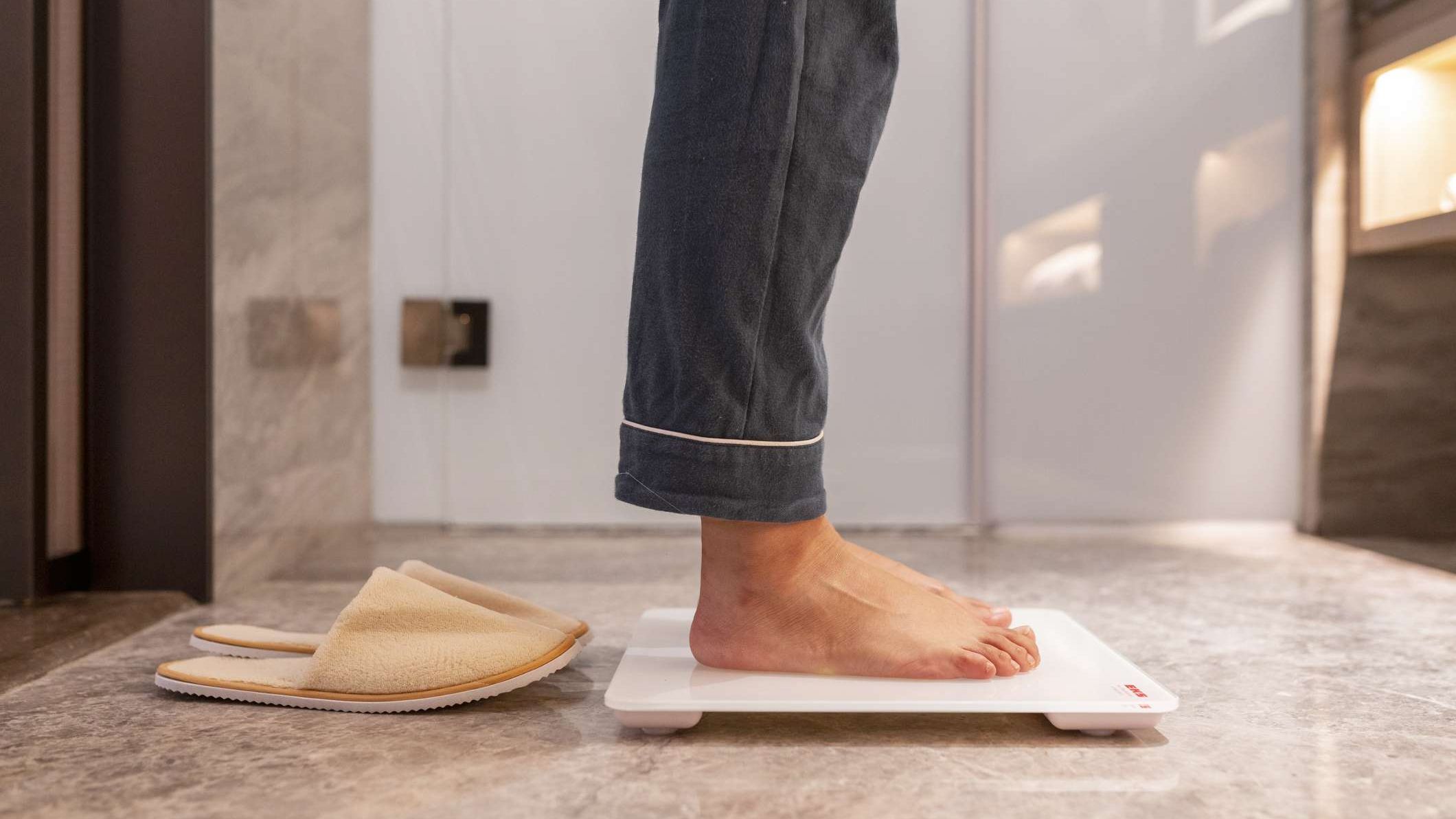
How to Track Your Progress Without Obsessing Over the Scale: Other Metrics to Monitor
Mar 18, 2025It's easy to get caught up in the belief that bodyweight is the ultimate measure of progress, but focusing solely on that can lead to unnecessary stress, frustration, and even unhealthy habits. In reality, there are many other ways to gauge your progress that offer a more complete picture of your health journey. Let’s explore how to track your progress without obsessing over the scale and discover alternative metrics that matter just as much—if not more.
- Body Measurements
While the scale can fluctuate due to factors like water retention, muscle gain, or hormonal changes, your body measurements offer a much more consistent picture of your progress. Measuring key areas like your waist, hips, chest, arms, and thighs can give you a better idea of how your body is changing over time. These measurements help you track fat loss, muscle gain, and overall body composition changes that the scale can’t show.
How to track:
- Use a flexible measuring tape to take measurements of various parts of your body.
- Measure once a month at the same time of day (preferably in the morning before eating) to ensure consistency.
- Record the numbers and look for long-term trends rather than day-to-day changes.
- Body Fat Percentage
Body fat percentage is a more reliable indicator of progress than just weight because it helps you understand how much of your body is made up of fat versus lean muscle mass. While the scale might not budge, you could still be losing fat and building muscle, which body fat percentage would reveal. Tools like skinfold callipers, body fat scales, or DEXA scans can provide this information.
Why it matters:
- A lower body fat percentage generally indicates better health and improved fitness levels.
- Tracking body fat helps ensure that you are losing fat rather than muscle, which is crucial for long-term success and maintaining metabolism.
- Fitness Levels: Strength and Endurance
How strong you are and how long you can sustain exercise is a powerful indicator of progress. Whether it’s lifting heavier weights, running longer distances, or performing more intense cardio, improvements in strength and endurance are clear signs that your fitness is improving, regardless of what the scale says.
How to track:
- Track the amount of weight you lift in each workout, aiming to increase your lifts over time.
- Monitor how long you can sustain aerobic activities like running, cycling, or swimming, and set goals to gradually improve your stamina.
- Keep a workout journal to record progress and stay motivated.
- How Your Clothes Fit
Clothing fit is another practical way to measure your progress. Even if the scale doesn’t budge, you may notice that your clothes are fitting differently—looser around the waist, thighs, or arms. This can be a sign of fat loss and muscle toning. Often, changes in how clothes fit happen long before the scale shows noticeable weight loss.
Why it matters:
- Fitting clothes indicate changes in body composition and how your body is responding to your fitness and nutrition efforts.
- It can be a more accurate and rewarding way to gauge progress, especially since weight loss doesn’t always correlate directly with appearance changes.
- Energy Levels and Mood
The way you feel day-to-day is an often overlooked but essential metric of progress. Increased energy, improved mood, and better sleep are signs that your lifestyle changes are working for you. When you focus on feeling better overall, the pressure of the scale diminishes.
How to track:
- Keep a daily or weekly journal to track how you're feeling physically and emotionally.
- Take note of energy levels before and after workouts, as well as your general mood throughout the day.
- Note improvements in sleep quality, digestion, or stress levels, which are all linked to health improvements.
- Performance in Day-to-Day Activities
Another metric to consider is your ability to perform daily tasks. As your fitness improves, you may notice that everyday activities—like climbing stairs or playing with your kids—become easier. This is a sign of improved functional strength, cardiovascular health, and overall well-being.
Why it matters:
- The ability to perform better in daily life is a strong indicator that you are getting healthier, more capable, and more fit.
- Progress in daily tasks doesn’t always show on the scale but can be a significant source of motivation.
- Mental and Emotional Progress
Lastly, consider your emotional and mental growth throughout your fitness journey. Building confidence, practicing self-love, and reducing negative self-talk are all part of a healthy mindset. Progress in these areas is just as important as physical changes.
Why it matters:
- A positive mindset can lead to long-lasting habits and sustainable health improvements.
- Acknowledging mental and emotional progress can help you stay motivated and enjoy the journey, rather than focusing solely on the destination.
Conclusion
While the scale can provide some insight into your progress, it's not the whole picture. By tracking other metrics like body measurements, strength, energy levels, and overall health, you can achieve a more well-rounded view of your fitness journey. Remember, health isn’t just about the number on the scale—it's about how you feel, how your body performs, and how you’re improving over time. Embrace these other metrics, and you’ll likely find yourself with a greater sense of accomplishment and motivation, without the stress of obsessing over the scale.
Written by Tom Weaver
Stay connected with news and updates!
Join our mailing list to receive the latest news and updates from our team.
Don't worry, your information will not be shared.
We hate SPAM. We will never sell your information, for any reason.
